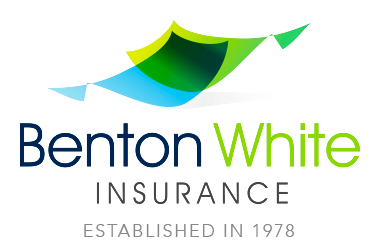I usually post items like this as we head into historically, our coldest days of the winter season. To be honest, I do it as much to remind ME as I do my readers. All of these tips are worthy of a glance and maybe some action on our part if we’re not prepared.
Let’s review the basics here to make sure we are prepared for these harsh winter days ahead.
10 Winter Driving Safety Tips
Here are some valuable tips to help you to prepare for winter driving:
1. Keep your vehicles in good working order by having them serviced regularly.
2. Store jumper cables, snow brush, scraper, gloves, hat, blanket, flashlight, and water in your vehicle in case you get stuck.
3. Carry a first-aid kit and refresh any supplies that may need to be replaced.
4. Keep gas tanks full to prevent ice in the tank or fuel lines. Keep e-cars full power charged when you leave home.
5. Replace worn tires and check tire air pressure.
If you find you must drive in winter conditions, please remember the following:
1. Do not rush. Driving slowly will help prevent accidents.
2. Never warm-up a vehicle in a closed area.
3. Clear windshield and windows completely before driving.
4. Be sure the tailpipe is clear before you sit in a running vehicle.
5. Do not follow snowplows too closely. Stay back at least 5 car lengths.
10 Winter Safety Tips for Your Home
1. Listen to local and national weather to stay informed of hazardous weather conditions.
2. Spread sand, rock salt, or non-clumping kitty litter on walkways and steps to reduce slippery surfaces.
3. Leave faucets running, even at a trickle, to help prevent pipes from freezing when the temps are below freezing for an extended period of time.
4. Make sure all fuel-burning equipment is properly vented outside and the vents are kept clear of obstructions.
5. Consider your physical condition before tackling strenuous tasks in cold temperatures.
6. Protect yourself from frostbite and hypothermia by wearing warm, loose-fitting, lightweight clothing in several layers. Stay indoors, if possible.
7. Bring your animals indoors or check on them to make sure that their access to food and water is not blocked by ice or other obstacles.
8. Never use a generator, grill, camp stove, or other portable gasoline, propane, natural gas, or charcoal-burning devices inside a home, garage, basement, crawlspace, or any partially enclosed area. When operating such equipment outside, make sure it is not located near any doors, windows, or vents that could allow carbon monoxide to enter the house.
9. The primary hazards to avoid when using alternate sources for electricity, heating, or cooking are carbon monoxide poisoning, electric shock, and fire.
10. Install carbon monoxide detectors in central locations on every level of your home to provide early warning of accumulating carbon monoxide. Change the batteries in all carbon monoxide detectors before winter arrives.
Tips provided by redcross.org.
If we can help with YOUR insurance – we want to earn your business! Please feel free to TEXT or CALL us at 615.377.1212. You can email us at info@BentonWhite.com.
Please stay safe, healthy and be sure you are ready for some COLD weather!
This information is provided solely as an insurance risk management tool. It is provided with the understanding that the member insurance companies of Benton White Insurance are not providing legal advice, or any other professional services or advice. Benton White Insurance shall have no liability to any person or entity with respect to any loss or damages alleged to have been caused, directly or indirectly, by the use of this information. You are encouraged to consult an attorney or other professional for advice on these issues.





